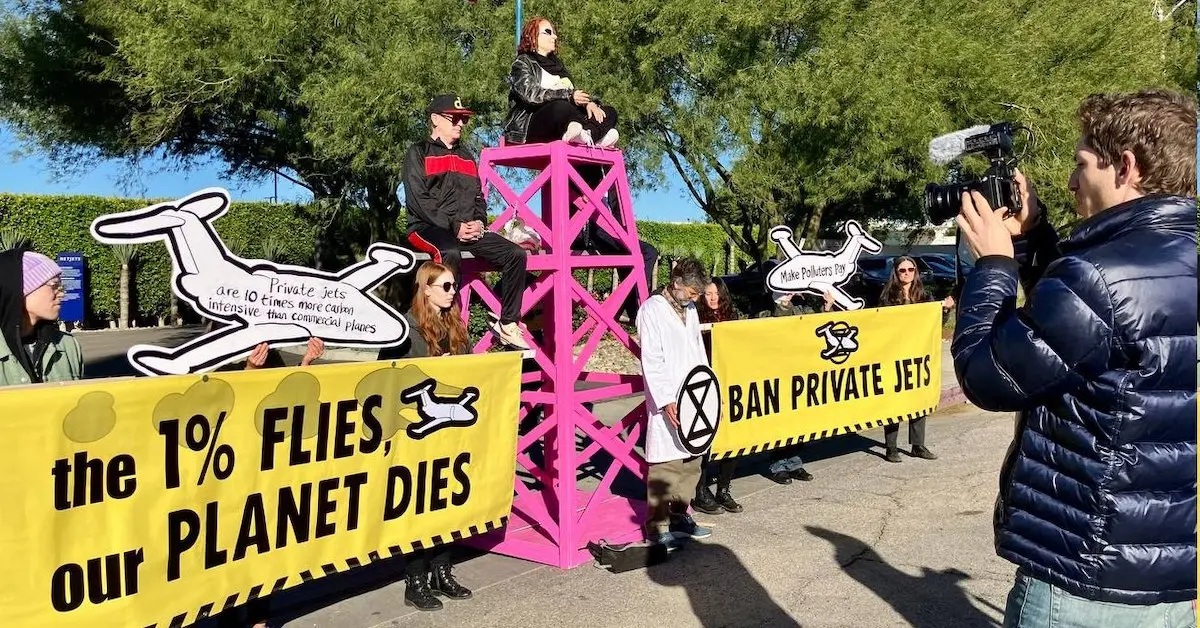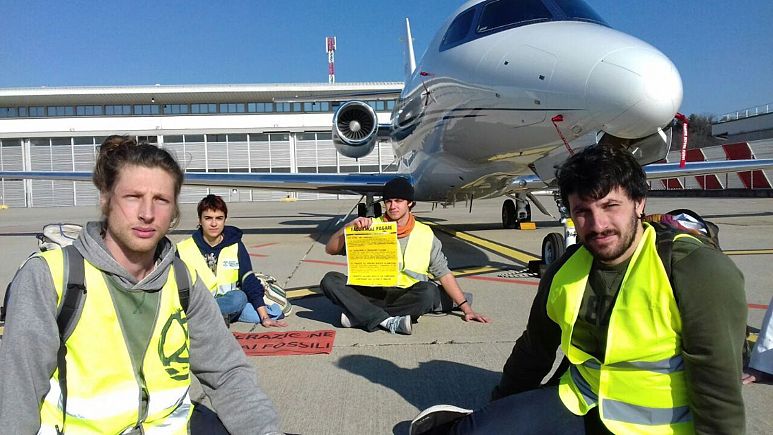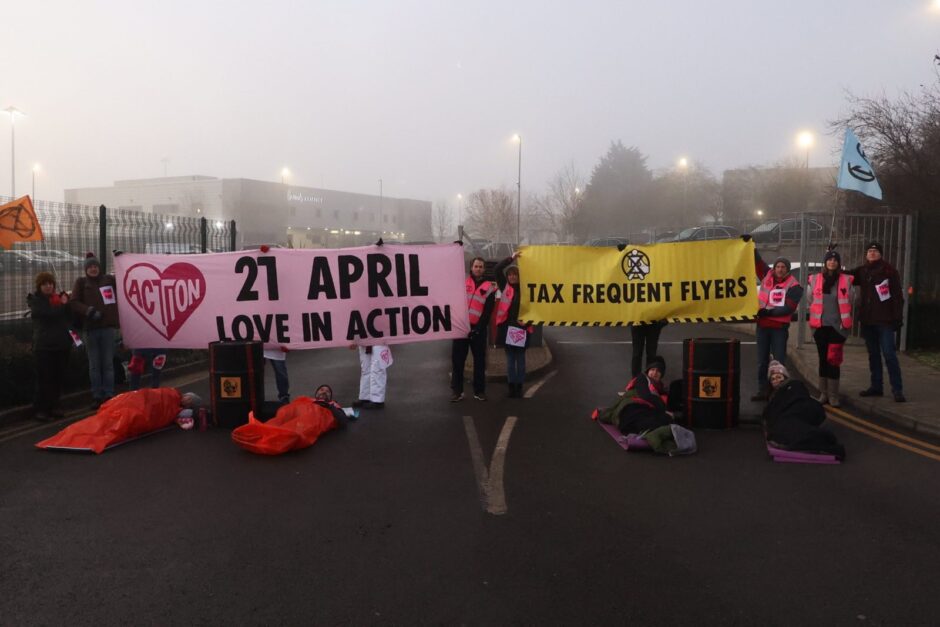Time to make the rich pay for climate change

Philippa Nuttall
The richest 10% of citizens are responsible for 50% of global carbon emissions. Taxing private jets would be a good place to start – and raise money for cleaner alternatives.
e tend to say ‘we are all in the same boat’, but frankly we are not. We are all in the same ocean, but not in the same boat.” EU Climate Change Commissioner Frans Timmermans was thinking of vulnerable, low-income countries when he made this remark, but the thrust of his quote also holds true for the division between the richest and the less well off in all countries. While the poorest everywhere are trying to stay afloat, battered by a storm of high energy and food prices and falling real wages for many, the richest continue to hop around in their private jets.
Yes, we must all change our behaviour and drastically reduce our emissions, but in 2023 let’s stop pretending we are all in this together. We need policies that force the very rich to pay for the outsized amount of pollution they cause.
Kevin Anderson, professor at the University of Manchester’s Tyndall Centre for Climate Change Research in the UK, and economist Ann Pettifor have been making this case for years. “The green movement has lost its way by making us feel we are all equally responsible for the [climate] crisis,” Pettifor said when I interviewed her in 2021. Both have called for emission reduction efforts to be focused on the world’s wealthiest 10% of individuals, who are responsible for 50% of global carbon emissions – and especially the top 1%. The super rich contribute close to 17% of global emissions.
…


